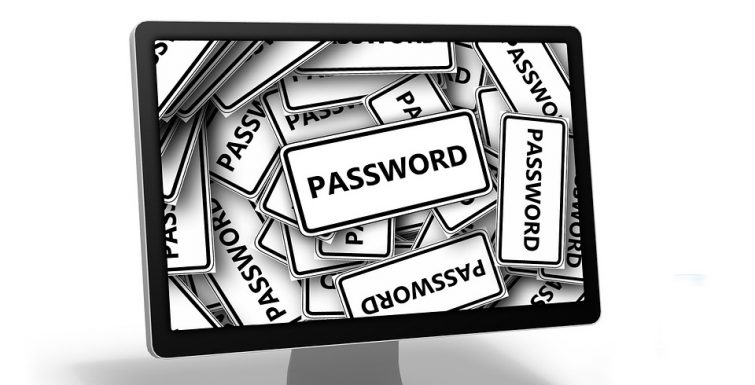Julie Entwistle, MBA, BHSc (OT), BSc (Health / Gerontology)
Being an Occupational Therapist can also be a curse when it comes to parenting. As an OT, the goals are always functional independence. As a parent, I am no different. I remember a video I watched in OT school. This was of a boy (young adult) with cerebral palsy and he was putting his coat on. The video was probably 20 minutes (or it felt that long). As I watched this boy struggle with his coat for what seemed liked eternity, I wanted to jump through the TV to help him. Clearly, with some help, this could be done faster and easier. But in the end, it was not about that. It was about independence.
As parents, it is often faster and easier to do things for our kids. Or, we feel the need to continuously protect our kids from failure by ensuring that we are their second brain. But is this the right choice when the goal is to create people that can manage on their own?
I have created two memory mantras that are used in our house to ensure my kids are seeing the big picture and are developing some executive functioning (note I also use these mantras with my clients who suffer from memory impairment):
- When leaving the house our mantra is: WHERE AM I GOING AND WHAT DO I NEED? When my children ask themselves this question, they need to stop and think “I am going to X and thus need Y (water, shoes, birthday present, tennis racquet, money)”. This prevents them from showing up at X unprepared.
- When leaving a place in the community our mantra is: WHAT DID I COME WITH AND WHAT DO I HAVE? By asking themselves this question, they quickly realize that they came with X and thus need to bring X home (coat, shoes, water, bag, lunch). This prevents them from leaving things behind.
The success is in hearing my children repeat this to themselves when on their way out the door. Recently, at a sporting event, we heard a teenage boy blame his mother for forgetting his water. She was profusely apologetic and rushed out to find him a drink. My children (who were younger at the time) turned to me and said: “shouldn’t he remember his own water”? My thoughts exactly.
Originally posted June 2013




